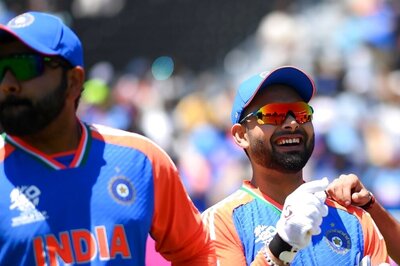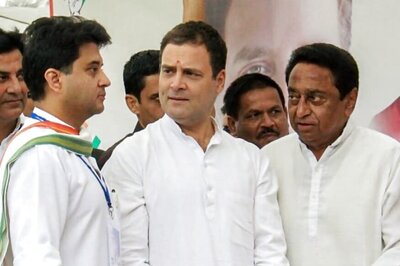
views
CHENNAI: If all adolescent girls are vaccinated against Rubella virus, it will go a long way in preventing disability and development anomalies in their children, when they become mothers, said Secretary, Department for the Welfare of the differently abled, Kannagi Packianathan, on Friday.Speaking at the inaugural of a two-day national workshop on Early Intervention across disabilities, she said, “Now in the immunization programme, vaccination against Rubella is optional to the parents. I think it is high time we take an effort to ensure that all adolescent girls are vaccinated against the Rubella virus.” MMR (Measles, Mumps and Rubella also known as German Measles) vaccination, though part of the National Immunization programme, it is left to the parent’s choice.Talking about the efforts that could be taken, Packianathan observed that school authorities can insist on producing the Rubella vaccination certificate when a child is admitted to school. Dr Vijaylakshmi, Department of Early Intervention, National Institute for the Empowerment of Persons with Multiple Disabilities (NIEPMD) said, “ I think it should be made compulsory, and not left to the choice of the parents. A pregnant mother infected by Rubella virus, can seriously impact the child. The child can be born with impaired eyes, ears and heart and also growth and mental retardation can occur.” She also added that it is one of the recommendations to the government that MMR could be made compulsory in the 12th Plan.MMR is given as a series of two doses at 12 to 15 months of age and at 4 to 6 years of age. Those who missed it at the age, can take post puberty and before marriage, said the experts.Dr Neeradha Chandra Mohan, Director, NIEPMD, while delivering the keynote address pointed out the importance of early intervention and how it can bring a remarkable improvement in the development delay of an impaired child.This workshop was organised by Madhuram Narayanan Centre for Exceptional Children with NIEPMD.




















Comments
0 comment